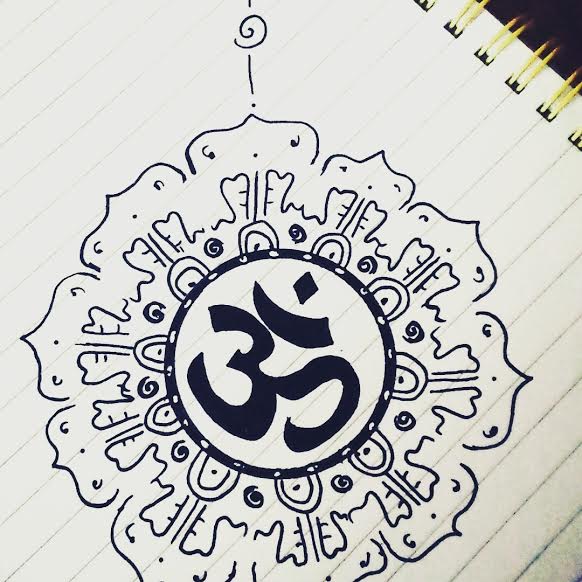5 Questions That Will Bring You Back to This Moment
‘The time will come when,
With elation,
You will greet yourself arriving
At your own door, in your own mirror,
And each will smile at the other’s welcome,
And say, sit here. Eat.
You will love again the stranger who was yourself.
Give wine. Give bread. Give back your heart
To itself, to the stranger who has loved you
all your life, whom you ignored
For another, who knows you by heart.
Take down the love letters from the bookshelf,
The photographs, the desperate notes,
Peel your own image from the mirror.
Sit. Feast on your life.”
– Love after Love, Derek Walcott
“Come to greet yourself”, they say at the beginning of any good yoga, meditation, or mindfulness practice. Say hello. Greet your mind and body as you would that of a stranger. Consider yourself with the curiosity you would any new acquaintance. Who are you? What kind of books do you like? What’s your favourite food? Are you hungry?
I’ve found taking these steps a very good approach to calming nerves and anxiety, and in coming to terms with issues that often initially present as larger than they prove to be. By greeting ourselves in the moment and as a new person we are directly coming into contact with, our current mind and body are brought back to the forefront of our consciousness. Awareness is directed back into the present moment, instead of roaming around somewhere in between the regretful margharita of last night and the hazy uncertainty of tomorrow’s meeting.
When you ask yourself these questions, try to start at the beginning, and maintain an open mind right the way through.
1.‘Hello…How are you today?’
This should rarely be as simple as a ‘good’ or ‘bad’ answer. Try to elaborate, even just for yourself, and really dig deep into your emotional and spiritual state of the given moment.
2. ‘What is it that you’re currently struggling with/worried about/working on?’
Again, honesty is key. Be honest and open with yourself, just as you would appreciate the honesty and openness of a friend in need divulging their problems to you. Frivolity should not be an issue. You would not belittle another’s struggles, so why do it to yourself?
Now sit with that. Sit with yourself, and with your struggle, be it an ill-fitting new pair of shoes or a pending medical examination. Sit side-by-side like two old school chums. Now dig deeper.
3. ‘How are you going to ease this struggle?’
Are there any immediate solutions available to you? If so, what are they? If not, what precautions or procedures do you need to put in place in order to ease your discomfort? If this requires work or effort on your own part, are you willing to undertake it?
4. ‘Is it inside of or outside of your control?’
So often we concern ourselves with trying to overcome struggles and issues that are ultimately completely outside of our own control. Identifying our stance in relation to these issues is key to overcoming the anxiety and worries that may surround them, and helps maintain an objective mindset when it comes to dealing with others.
5. ‘Can you do anything to change it right now?’
If the issue is a worry concerning something which has either already happened, or not even come to pass yet, there is not a lot that can be done right now to solve it, signifying that it is beyond your control. This thought alone should ease the persistence and immediacy of it, and allow you to sit in the moment, accepting now for what it is. If there is no immediate solution, this thought, worry, or preoccupation is not serving you in the slightest. In fact it is hindering your current moment, your current life. It’s hindering your ability to exist right now, and to be part of the environment around you. In this situation, the best thing to do, is to let it go.
Walcott’s poem is a testament to the importance of being able to sit with oneself in comfort as opposed to losing our energies and emotions getting caught up in worrying about things outside of our control. Being able to recognise our influence (or lack thereof) over certain aspects of life is the first step to accepting them as they are, and ultimately the first step towards being able to enjoy and appreciate the present moment for what it is and what we already have. To nourish our bodies we must eat well and move regularly, and to nourish our minds we must practice a mindful acceptance of that which is, being kind to ourselves and rejoicing in the time and talents with which we have been afforded. Asking yourself these questions when things seem overwhelming may just help to bring the uncontrollable thoughts back to the moment, lending you a more grounded perspective, comforting respect and enjoyment for your life and circumstances.



